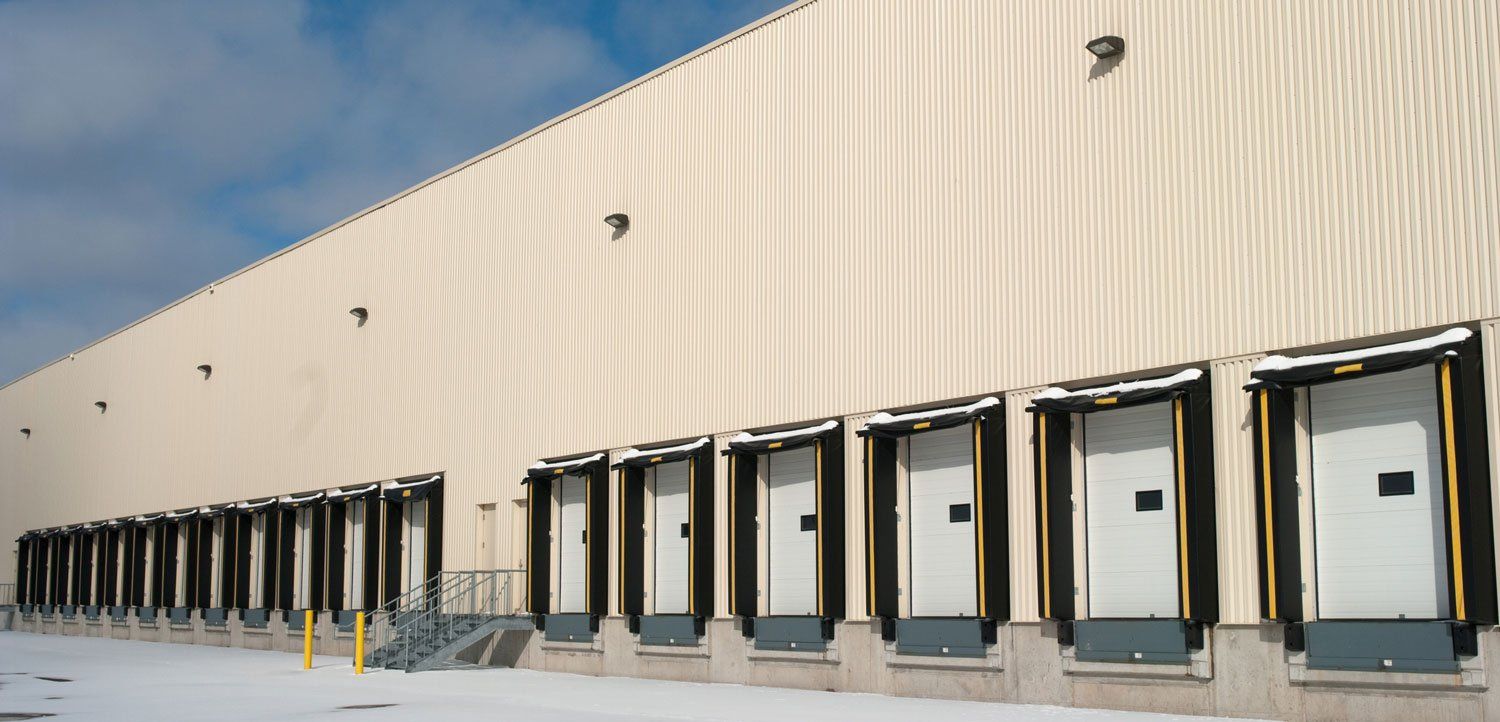Most Common Types of Garage Door Damage
A garage door has various components and hardware. If any of these break or get damaged, it can affect the door’s functionality. Here are the common types of garage door damage.
Broken Springs
Garage doors experience broken springs due to wear and tear over time as the springs are subjected to continuous tension and pressure. The repeated opening and closing of the door gradually weaken the springs, eventually leading to their failure. Additionally, the garage door's weight places significant stress on the springs, making them susceptible to breaking.
Failure to regularly lubricate and inspect the springs can also result in rust, friction, and overall deterioration. These issues weaken the springs' structural integrity, making them easier to break.
Furthermore, frequent exposure to hot and cold temperatures causes the metal to expand and contract, causing stress and potential damage. Accidental impacts or excessive force on the garage door can also lead to broken springs. Mishandling, forcefully slamming the door, or hitting it with a vehicle can all place excessive strain on the springs, causing them to snap.
Broken Cables
When garage door cables break, the door becomes unbalanced, making it difficult or impossible to open or close smoothly. The door may also sag on one side, affecting its overall functionality. The broken cables pose a safety risk as they can snap or become entangled, potentially causing injury or property damage.
Noise
Garage doors can often produce noise, which can be bothersome and disruptive. The noise is typically caused by factors such as loose hardware, worn-out rollers, or inadequate lubrication.
When the hardware becomes loose, it can create rattling sounds as the door operates. Additionally, worn-out rollers can result in a grinding or squeaking noise when the door moves along the tracks.
Electrical Issues
One common electrical issue is faulty wiring, where the electrical connections within the door mechanism become damaged or loose over time. This can result in intermittent power supply or complete power failure, preventing the door from opening or closing properly.
Another issue arises from malfunctioning sensors that detect obstacles or obstructions in the door's path. When these sensors fail, the door may not respond to commands or may exhibit erratic behavior, posing safety risks.
The motor responsible for operating the door may encounter issues such as worn-out components or inadequate power supply. This can lead to sluggish or inconsistent door movement, excessive noise, or the motor failing to engage altogether.
Additionally, problems may arise from defective control panels or remote systems, preventing users from effectively operating the door.
Blown Fuse
Garage doors blow a fuse when an excessive amount of electrical current flows through the circuit, melting the fuse wire and breaking the electrical connection.
This occurrence typically happens due to a sudden power surge, short circuit, or garage door opener system overloading. The garage door loses power when the fuse blows, rendering it inoperable.
Misaligned Track
Misalignment of garage doors occurs when the track supporting the door becomes improperly positioned. Various factors, such as loose bolts, worn-out rollers, or physical impacts, can cause this misalignment.
The door may become difficult to open or close smoothly, requiring more force. The misalignment may also cause the door to become stuck, leaving it partially open or closed.
The misaligned track can also cause excessive wear on the door components, leading to accelerated deterioration and potentially costly repairs. Lastly, misalignment may create gaps between the door and the frame, allowing drafts, dust, or pests to enter the garage.
Contractors understand that the quality of building supplies used impacts project success. Mikro Corp.
has served Broward County contractors for 25+ years, offering quality materials for projects of any size, including shipping to the Caribbean, Latin America, and the Bahamas. Contact us now to place your order.













